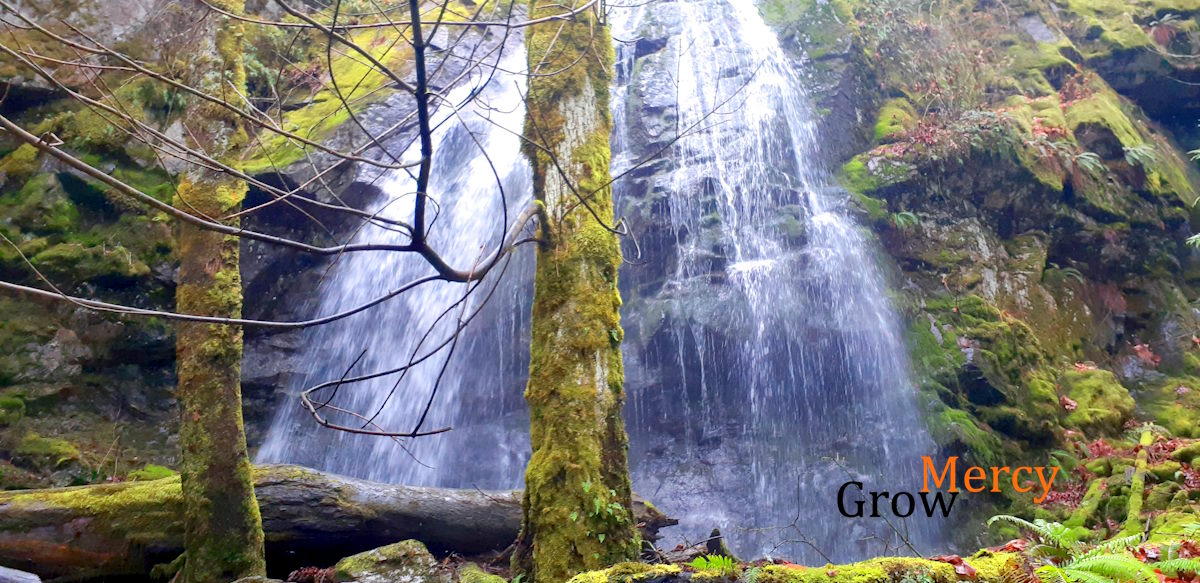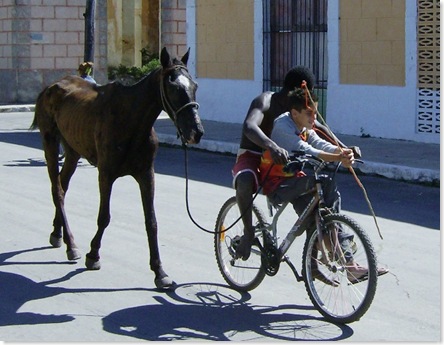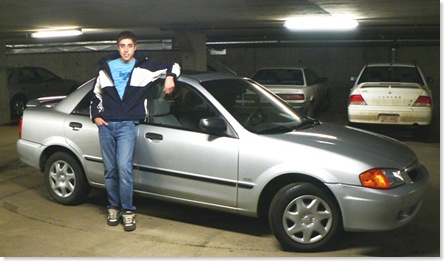These are the dog days, the fog days, the automaton days, days of sleepy restlessness when the vice of shallowness snuffs out the bit of light I normally cast over the entrance of my tent. Days when I forget who I am, and forget to be who I am. I forget that what was realized was right, and go on my way unrealized. Here, shallowness passes for substance. The glib for the ingenious. My "being" gives way to role and I become the mere total of my functions.
These are the days of acedia…what the monks call the noon-day demon. The demon being identified not by simple laziness but by a sluggishness and oppressiveness of soul. Identified not so much by a lack of caring–although on a particular level it is certainly this–but by an inordinate degree of caring about the cosmetic and the petty. The noon-day demon diverts energies away from realization to undifferentiated restlessness. And I, yielding, fall in and inhabit these days, get stuck in them…as I believe we all do from time to time.
 But then, with respect to acedia we might just as well be speaking of our culture. Caught as we are in a post-modern depression. Not recognizing that it comes from wearing ourselves out in busyness, and in exhausting ourselves in current techniques for comfort and security and recreation. Not realizing our communal indifference is symptomatic of a lack of spiritual depth.
But then, with respect to acedia we might just as well be speaking of our culture. Caught as we are in a post-modern depression. Not recognizing that it comes from wearing ourselves out in busyness, and in exhausting ourselves in current techniques for comfort and security and recreation. Not realizing our communal indifference is symptomatic of a lack of spiritual depth.
And so by cultural default, we are spiritual skimmers, enamoured by spirituality but not spiritual effort. And we, in a kind of perennial Enlightenment hangover, remain beguiled by "critical distance" and rationality, which serves us as a refuge from the mystery of faith, and the pain (and joy) of true consciousness. Not that we don’t require apt refuge from real pain, it’s just that acedia is a false harbour and ends in emotional and spiritual death. In the grip of acedia we keep distant all things that would awaken us or require us to look into ourselves, examine our habits, and renew our disciplines.
We’ve had cataclysmic moments of collective awakening. Tragic as they were, arresting as they were, we were soon back busy, restless and comfortably numb, our collective spiritual torpor cemented and protected by 24 hour news channels.
But we are, of course, our culture. I am, my culture. And unless the knee cap of my mind meets the sharp right angle of a metal door jam, and the hot wire inside flickers to life, I will continue dissipating across some cracked-dry inner landscape. My thoughts like dusty indolent pigweed, tumbling, without resolution, only adding to the common malaise.
Those of us snared by acedia must find ways to extract ourselves, pass go, collect 200, and find ourselves fit for another round. Wether it is through a Dantean heartfelt rush of repentance, or a monastic waiting and watching, or through contemplative reading, or an outside event or encounter, or perhaps an epiphany, however the break-out is achieved, the break-out is imperative for personal and communal flourishing.



